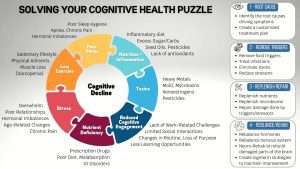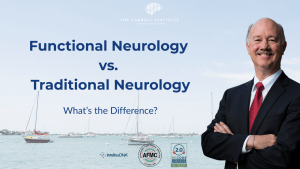
Dr. Peter Eriksson published a landmark article in the journal Nature Medicine in 1998 –Neurogenesis In The Adult Human Hippocampus. In the report he outlined the concept of neurogenesis as it occurs in humans. Neurogenesis is the process of growing new brain cells. That was only 23 years ago. Prior to his publication the commonly held belief in science and especially medicine was that humans stop creating new brain cells after our late teen years. It was generally assumed that it was downhill after that. We now know the we each control our cognitive destiny.
Our current understanding is that people maintain the ability to grow new brain cells throughout their entire lifetime. Fortunately, it is now clear that there are things we can do that will directly enhance this process of neurogenesis. The most powerful stimuli encouraging the growth of new brain cells are physical exercise, a ketogenic diet, whole coffee fruit extract, and a particular species of mushroom, Hericium erinaceus (commonly known as lion’s mane).
It seems fairly obvious that growing new brain cells would be a good idea. But why is this important? French researchers reported in Aging Cell, that preservation of learning ability later in life was dependent upon neurons that developed during adult life, not upon neurons that were present at birth, stating: … our results highlight the importance of neurons born throughout adult life in providing resilience to age-related memory disorders.
The scientists specifically studied neurons that developed in the hippocampus region of the brain, an area that plays a fundamental role in memory function. Importantly, both the hippocampus and memory function are early targets of Alzheimer’s disease, making these findings all the more important. This new information may explain why there is a remarkable relationship between Alzheimer’s risk and level of physical exercise. We know that exercise stimulates the genetic pathway that governs the production of a particular chemical, BDNF. This chemical promotes neurogenesis. And we know that risk for Alzheimer’s is predicted by the level of BDNF in the blood.
What we do as adults really does play a role in determining our cognitive destiny!


